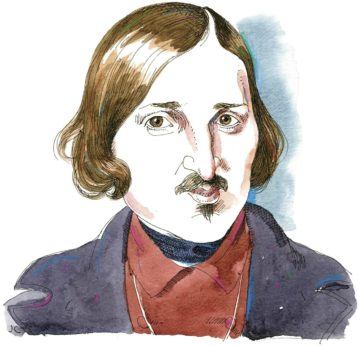Jennifer Wilson in The Nation:
 The thing about big plans is that they require people to carry them out. The problem of personnel particularly plagued Peter the Great. Convinced by his European advisers that his country was backward and stuck in a medieval mindset, he spent much of his reign on a series of modernizing initiatives intended to get Russia “caught up” with the West. To implement his reforms—which included establishing a navy, imposing a tax on beards, and eventually drafting half a million serfs to build a city (named after himself) on nothing but marshland—he needed a robust bureaucracy and a standing military that could manage the demands of his new, spruced-up empire. Peter thus made service—civil or military—compulsory for the Russian nobility, and he implemented a new class system, the Table of Ranks, under which one could be promoted according to how long and how well one served.
The thing about big plans is that they require people to carry them out. The problem of personnel particularly plagued Peter the Great. Convinced by his European advisers that his country was backward and stuck in a medieval mindset, he spent much of his reign on a series of modernizing initiatives intended to get Russia “caught up” with the West. To implement his reforms—which included establishing a navy, imposing a tax on beards, and eventually drafting half a million serfs to build a city (named after himself) on nothing but marshland—he needed a robust bureaucracy and a standing military that could manage the demands of his new, spruced-up empire. Peter thus made service—civil or military—compulsory for the Russian nobility, and he implemented a new class system, the Table of Ranks, under which one could be promoted according to how long and how well one served.
The Table of Ranks included 14 classes, from collegiate registrars (which included lowly copy clerks) at the very bottom to the top civil rank of chancellor. While it was pitched as the introduction of a modern meritocratic system in Russia, in practice the table produced sharp class divisions, prevented people from working in fields that did not correspond to their rank, and tied social status to the name and nature of one’s profession. A version of this system continued in Russia all the way up to the Bolshevik Revolution in 1917, and yet, in much of the literature of the 19th century, the civil service—which structured almost every aspect of life, particularly in the capital of St. Petersburg—feels weirdly merged into the background, more a fact of life than a facet of literary fiction, save for in the work of one writer: Nikolai Gogol.
More here.
